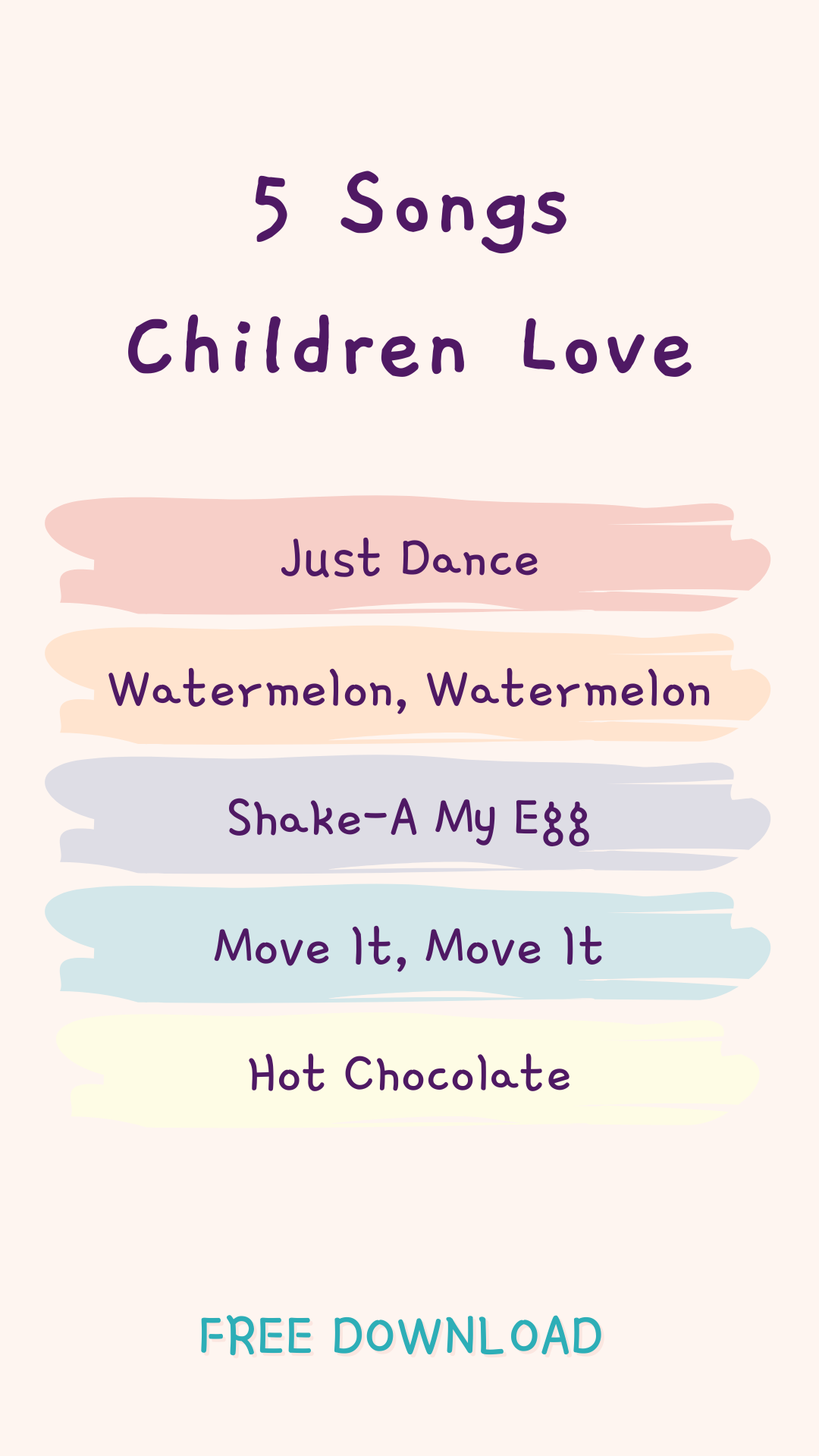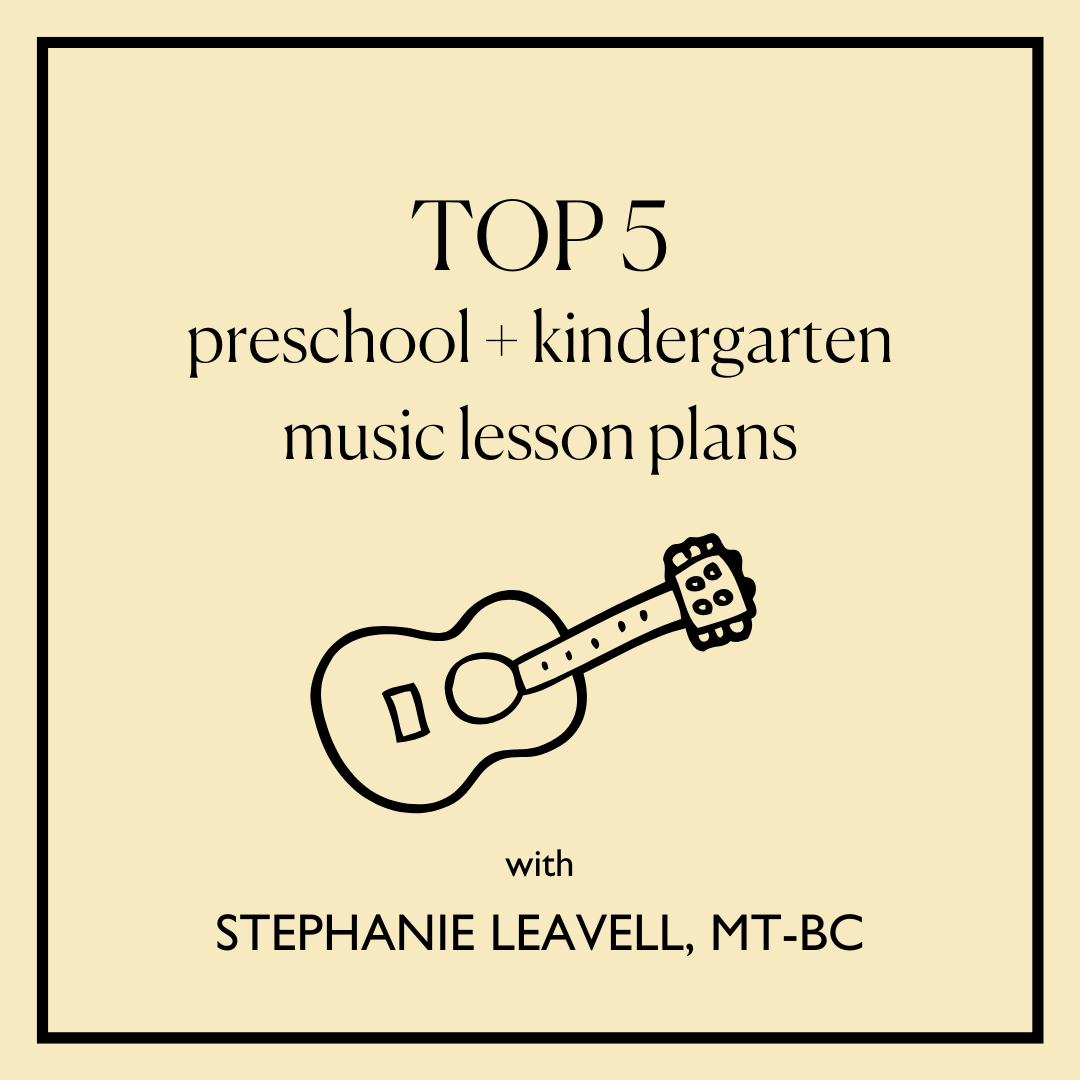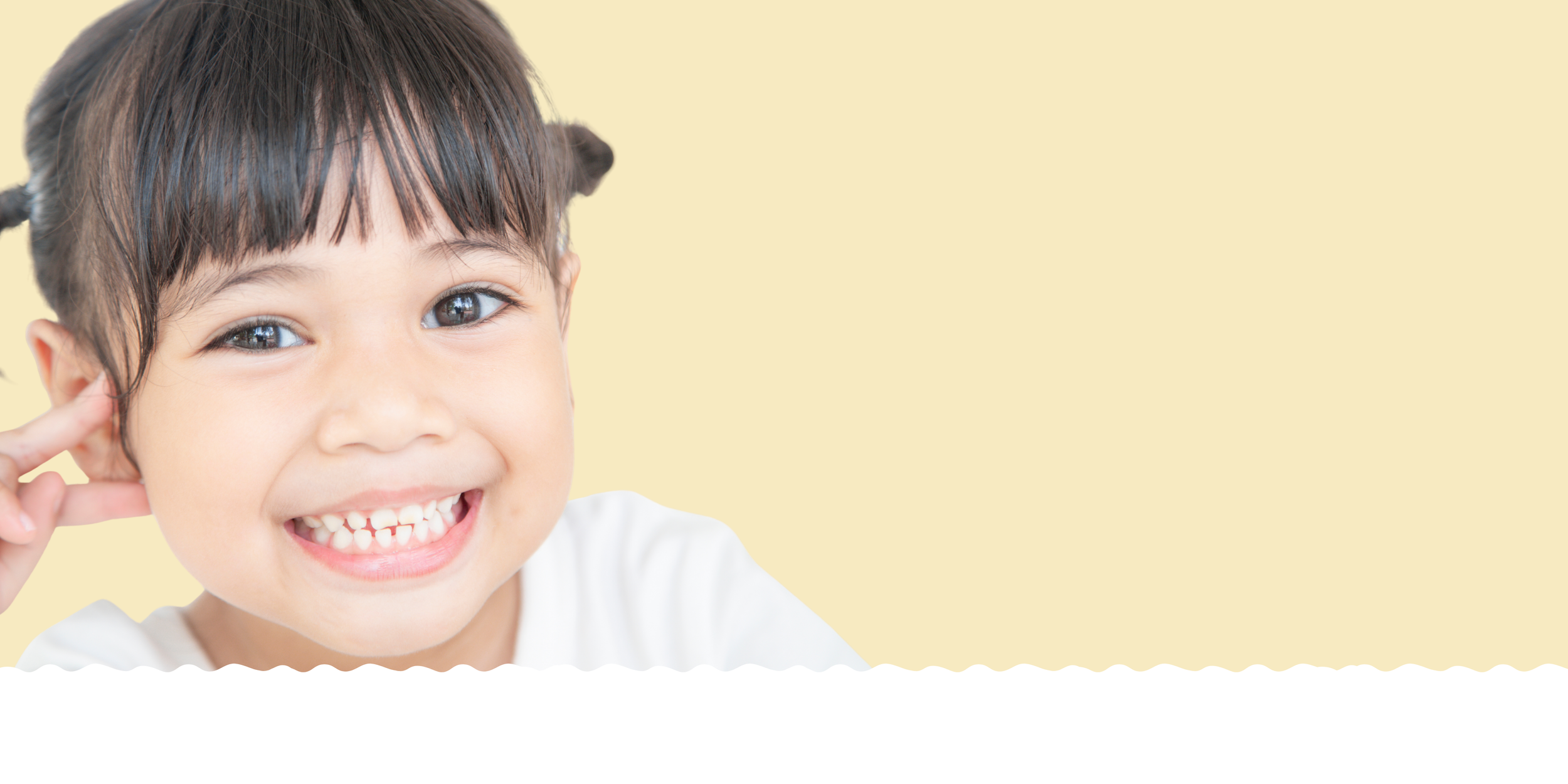
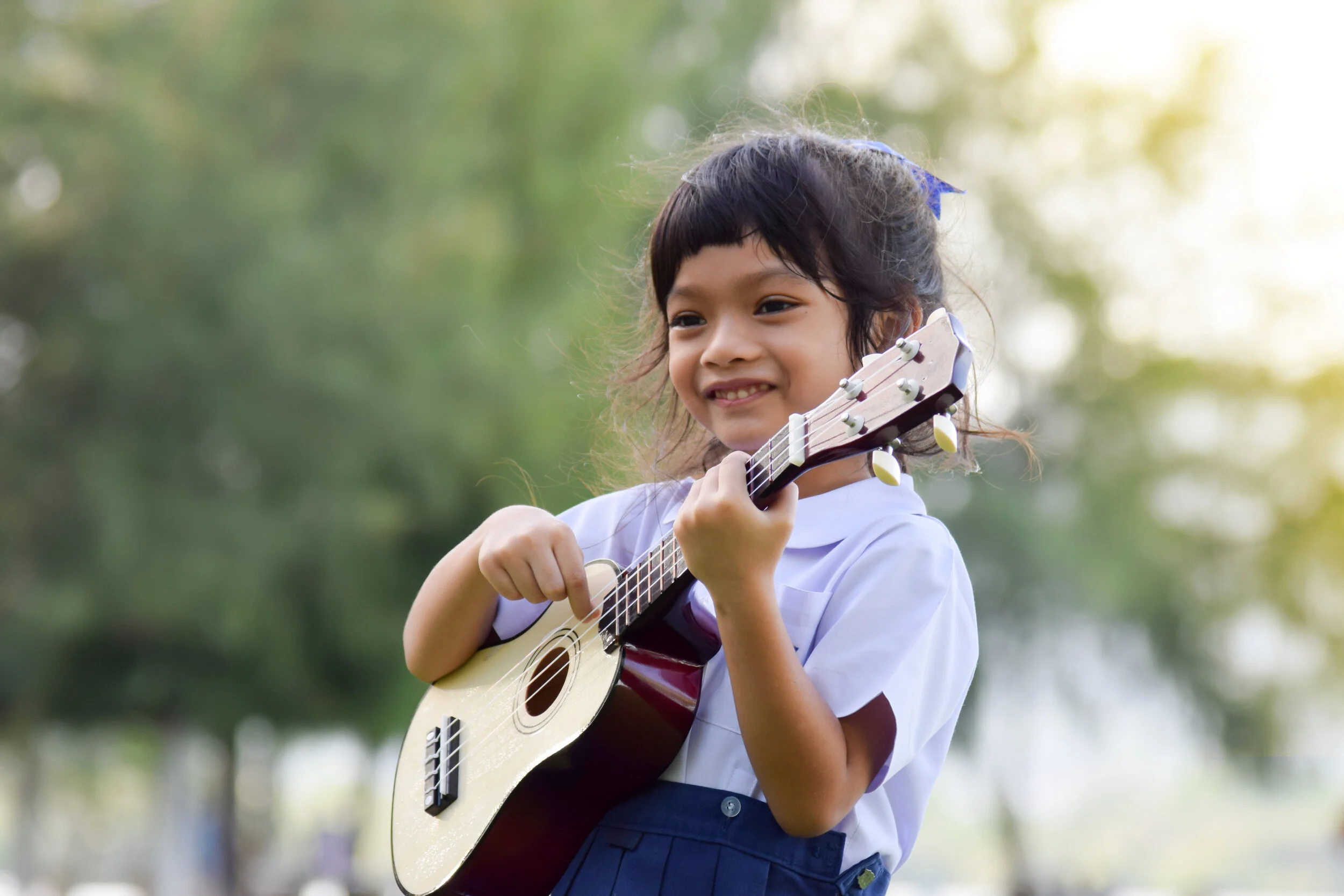
The Best Song to Help Kids Learn the Ukulele
Ukulele is my favorite starter instrument for kids ages 4 and up. If kids are excited about playing the ukulele, they can learn a song almost immediately. And YOU, the adult, can watch a 5-minute video from this course and then immediately teach them a song on the ukulele (even if you don't have experience).

Social Media Marketing for Music Therapists and Music Educators
Whether you are a music teacher or therapist spreading the word about your music lessons or sessions to attract more clients in your community, building your brand and presence online as a professional, or marketing your music education or music therapy products or resources, learning about social media is a must.
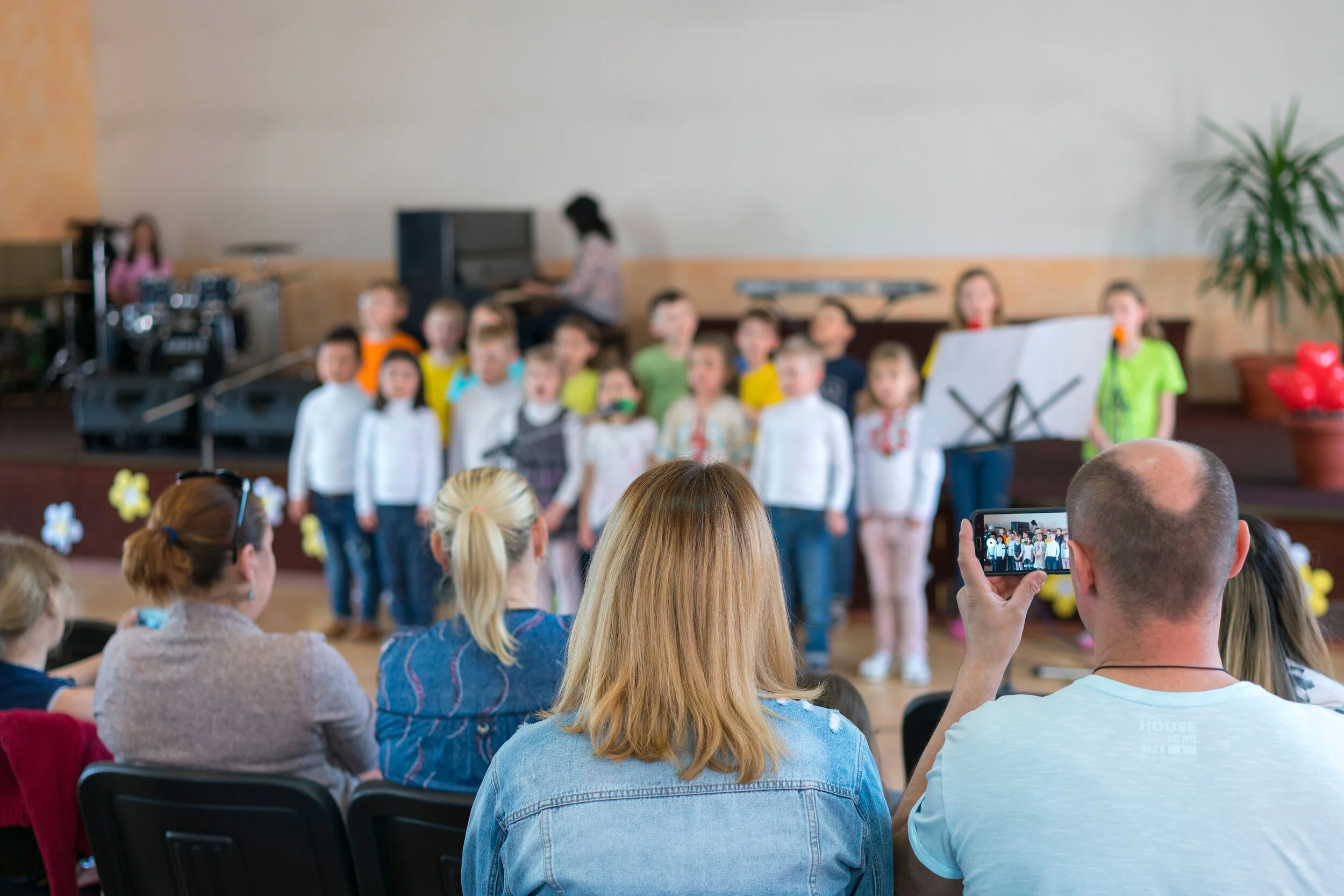
Spring or End-of-Year Music Program Tips For Preschool and Kindergarten
Do you and your students put together a Spring program or an end-of-the-year presentation? I’m definitely not an expert in putting together Spring or end-of-the-year program, so what I’m going to share with you here are just a compilation of some ideas and lessons I learned along the way.
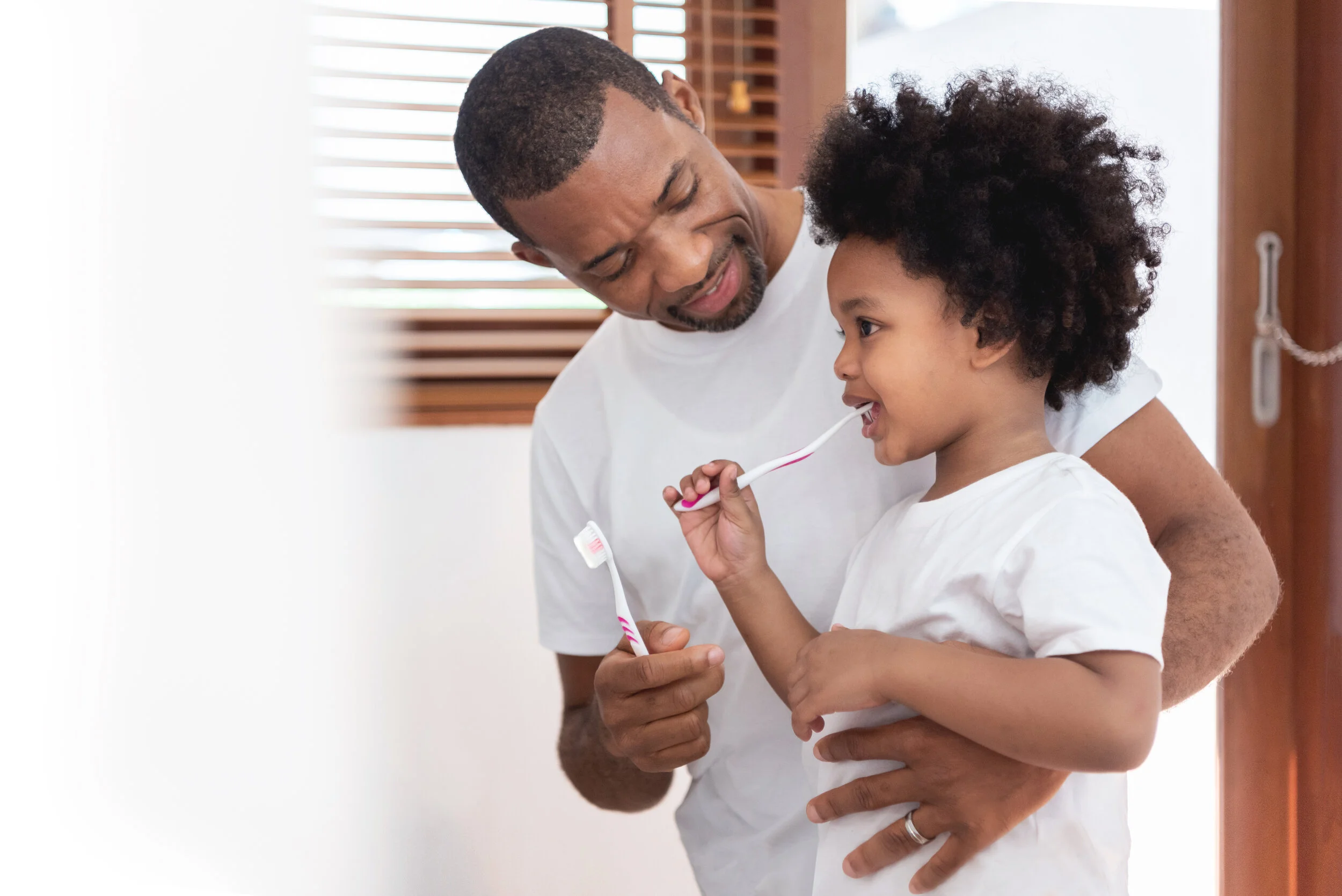
Music At Home with Amanda Maestro-Scherer
What if instead of asking “brush your teeth!”, “clean your room”, or “go to bed”, we could use music to engage children and use it as a cue for the things we are asking them to do?
Music can be part of our routines and transitions like when washing our hands or before going to sleep. Not only that, but music can also help us connect with children, share a piece of joy together, and preserve our relationship with them.

5 Preschool & Kindergarten Music Lesson Plan Ideas That Kids Will Love
If you are running out of themes and lesson plan ideas for your preschool & kindergarten classes you’re in luck 🥳 because today I’m sharing with you my TOP 5 Music Lesson Plans Ideas that kids absolutely LOVE
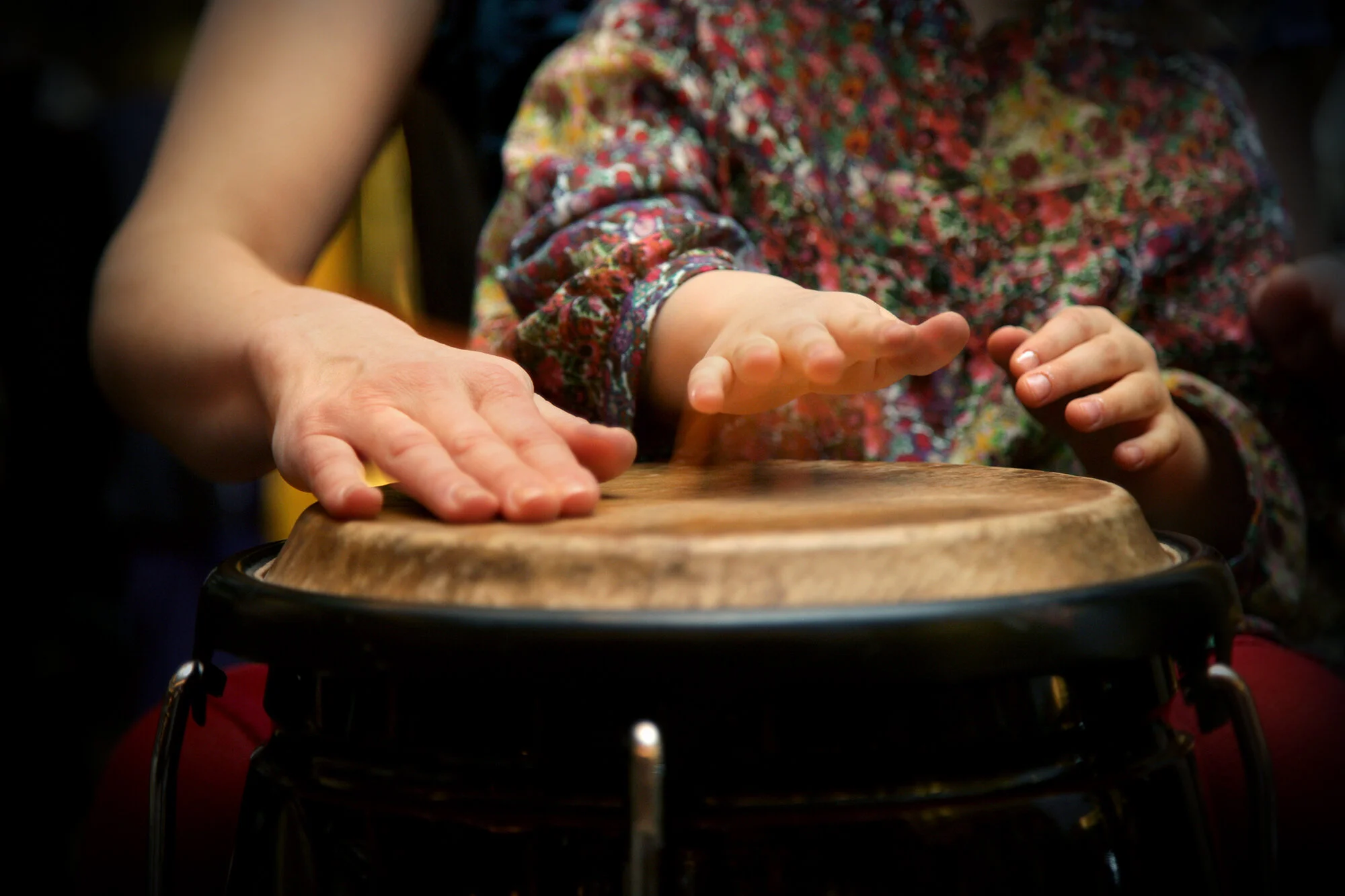
Improvisation
I want to share with you about my background because is really important to me. I'm an improvisational music therapist and is really a big part of my identity. In case you are not a music therapist, let me tell you a little bit about what improvisational music therapists do.

10 Graduation, Spring Program or End-of-the-School-Year Songs for Preschool & Kindergarten
Graduation can be a very special occasion as it signifies reaching one of the first (if not the first!) academic milestones in a kid’s life. Whether your school is having a formal celebration or not or you’re looking to add an uplifting song to a slideshow, we can make this event extra special with affirming & encouraging songs.
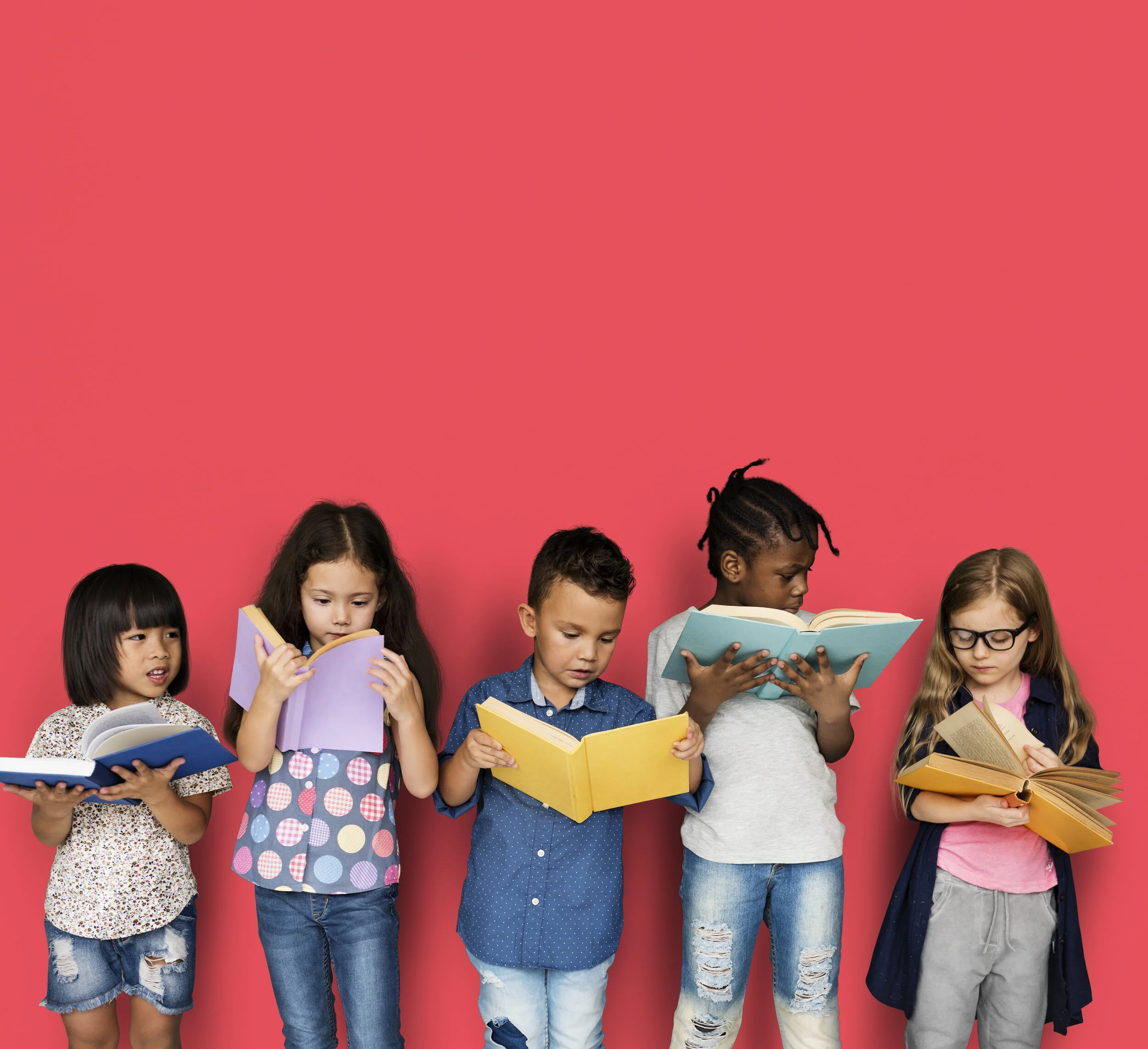
Music & Literacy
Phonological awareness is the ability to play with the sound of language without thinking about the meaning. It typically develops without direct instruction and the majority of children learn these skills through osmosis simply by being read to, by talking with adults or by participating in play. Research shows that roughly one third of students do not learn these skills through participation in childhood experiences.
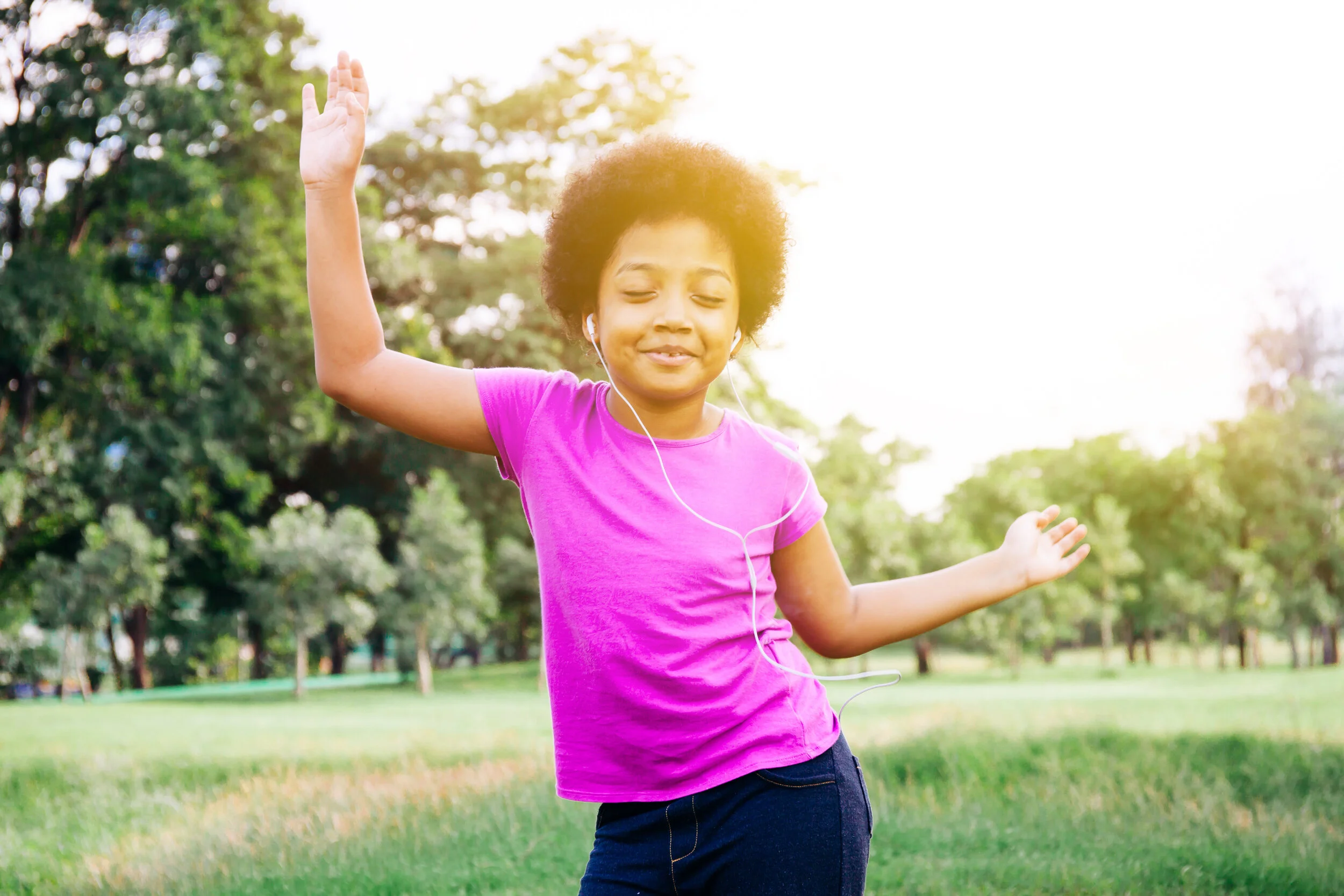
3 Types of Movement Songs
Movement songs are one of my favorite ways to engage kids. The right movement song can give children an opportunity to regulate their sensory systems so they’re better prepared for learning, listening, engaging with their peers, and working on their goals.
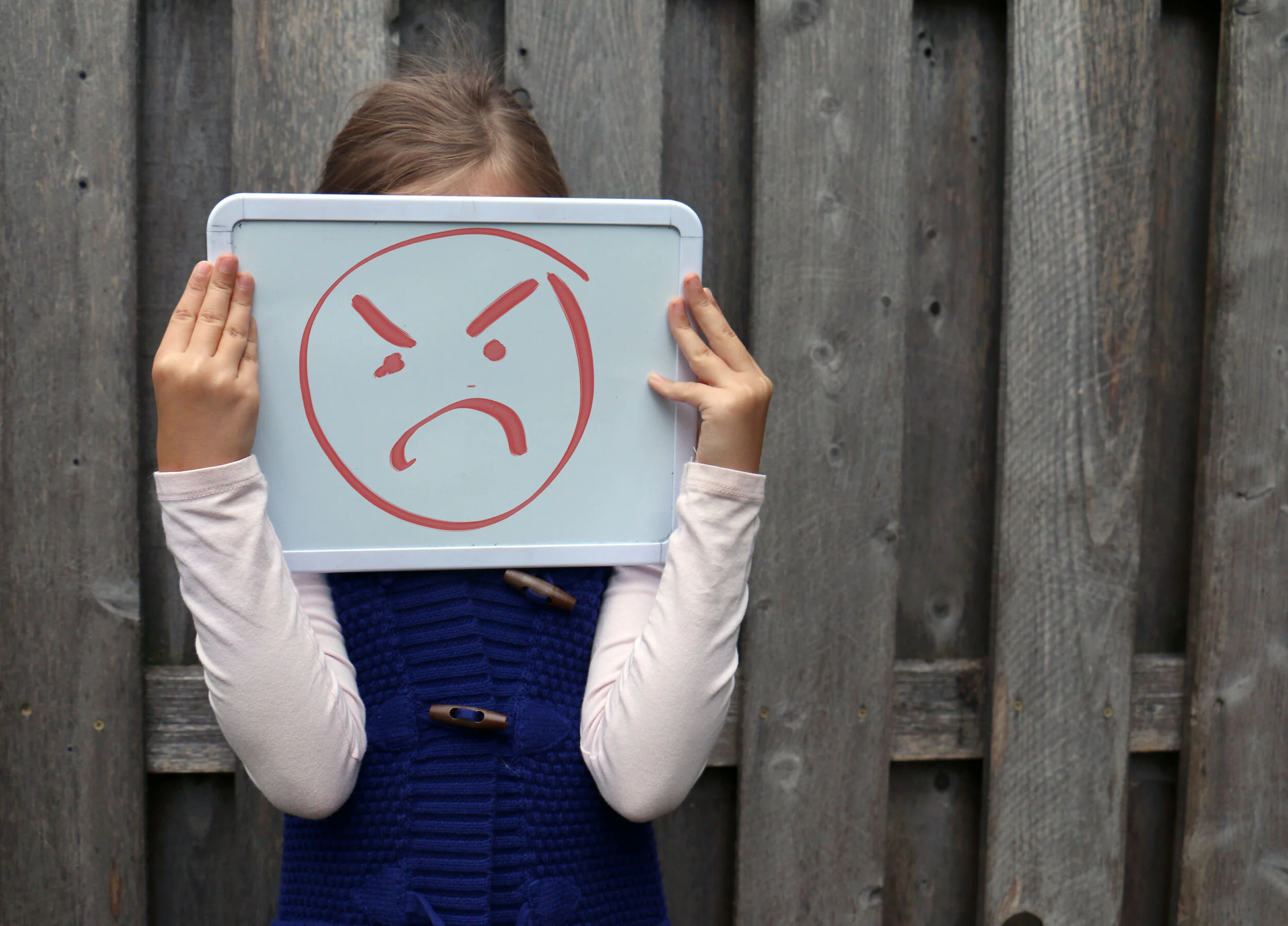
Hello! I’m Stephanie Leavell, the creator of Music for Kiddos, a mom to a spunky young daughter, a seasoned performer, an experienced music educator, and a board certified music therapist who is passionate about using music to help kids succeed.
I share high-quality music and music resources for music therapists, music educators, and parents on this blog and inside of the Music For Kiddos Community. So glad you’re here!


